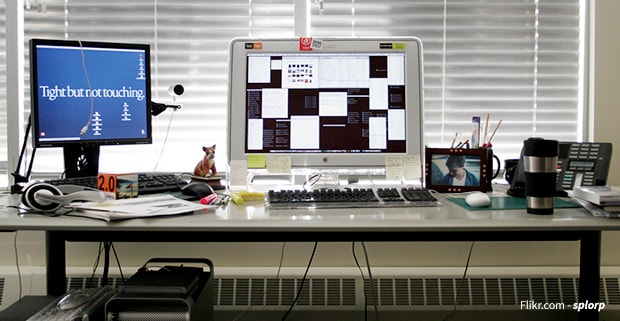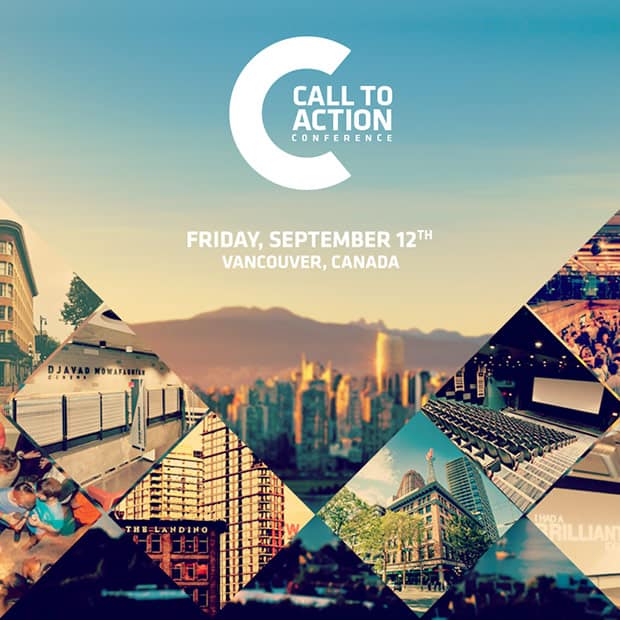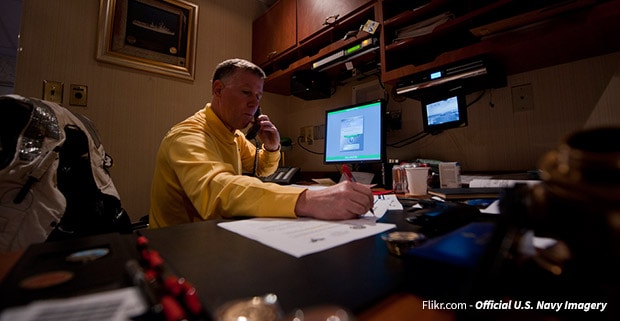
Jobs come in all shapes and sizes these days. Gone are the days of being limited to office work or corporate gigs. Startups are everywhere, and they aren’t just limited to the IT sector, so it may be the way to go for you.
Startups require a lot of work, a lot of attention and a lot of love
So, how do you get a job in a startup? Because of their nature, it can pose a different set of challenges than job hunting in the traditional job market. Kathy Ver Eecke, author of Need a Job? 32 Top Entrepreneurs Tell you How to Get One in a Startup (& They’re Hiring), shares tips on how to tailor your job search to land your dream startup position.
Get the CEOs Attention
Startup CEOs and staff are some of the busiest people you will ever meet. There is no 8 to 5 for these people; they are working pretty much all day, every day. So, you need to get in front of them if you want to be seen.
Ver Eecke quotes Steven Sashen, CEO, Feel the World, Inc., as saying, “Keep beating down the door until they say YES. In fact, we won’t hire anyone unless they repeatedly ask to work for us. Begging is even better. And if you don’t fit what we’re looking for, we’ll find something for you … if you ask often enough. Enthusiasm is the most important job skill that we look for. Evangelism is an even better one.”
One of the best ways to get in front of the right people is to be where they are online. Follow them on social media sites. Interact with them via comments, blogs, etc. Then, go to some of the same events, send some emails with a link to your LinkedIn profile, send a request for coffee and so on. Many of these people don’t want to see a resume; they want to see who you are. The better relationship you build online and through networking, the better a chance you have to meet.
It’s Show not Tell
While we are on the subject of resumes, did we mention many of these folks don’t want to see your resume? They are interested in outside-of-the-box thinkers. Your resume may come into play at some point, but what they really want to see is what you can deliver for their company above all else.
“My favorite hiring story thus far was when someone signed up for our beta, used our product and then emailed us a list of feedback (positive AND negative), and then mentioned he was a web developer and would love to work with us. We responded with a request to interview him that day, and now he does most of our front-end work!” — Alex Schiff, Co-founder & CEO, Fetchnotes.
According to What Students Really Need to Learn to Get a Startup Job, to get your ideal startup job, you don’t work on your resume; you work on yourself. Article author Dan Woods came up with this list of what startups are after: Continue reading →









